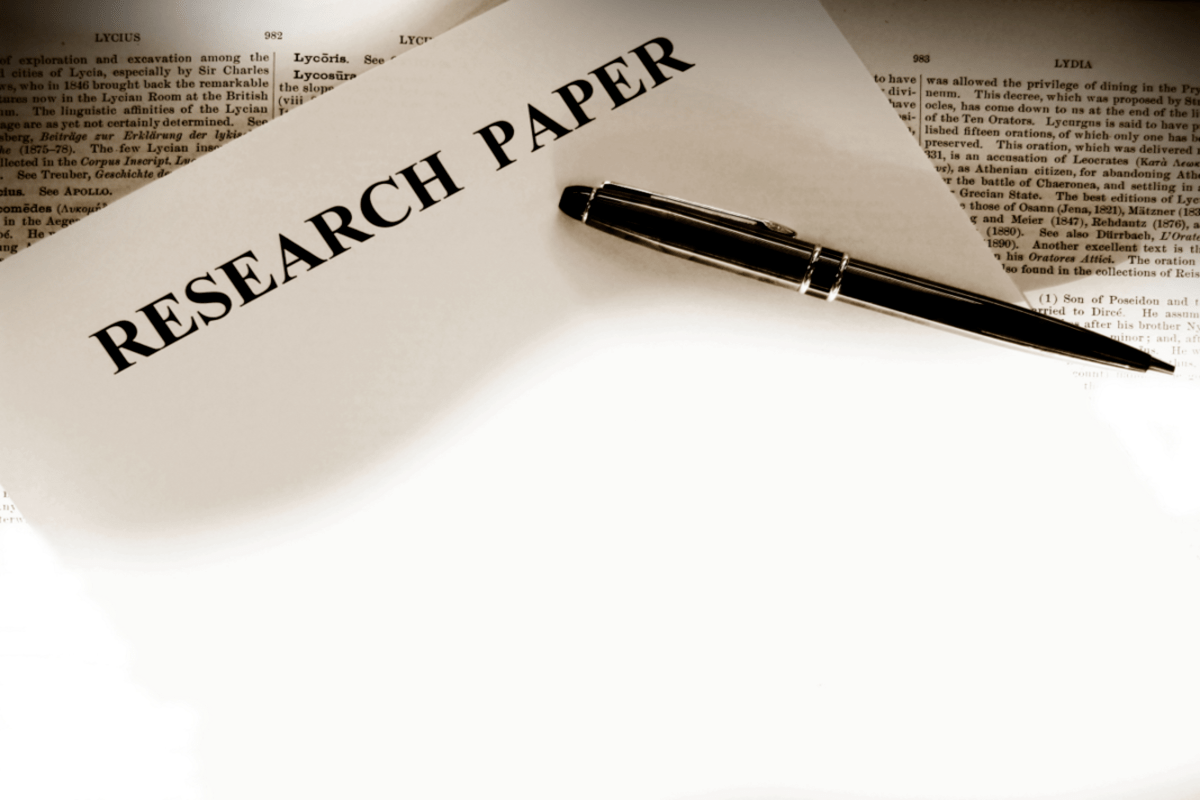Every research paper you write should be proofread before it reaches its target audience. With the many proofreading services available, there is no reason not to seek their professional help and submit a flawlessly finished document. However, the price varies, and so does the quality.
So, here we guide you on how to find a reputable medical proofreading company without burning a hole in your pocket. Consider the following factors to take the right decision:
1) The type of document you have
Some proofreaders charge the same fee irrespective of the kind of document you submit. Others break their services into categories. They offer specialized proofreading services for different document types including case reports, journal articles, short communications, and newsletters.
2) Cost of the proofreading service if you need it quickly
The price of the proofreading service also varies depending on how quickly you want your document back. Some companies offer a turnaround period of 24 hours while some do not have a definite time period. They deliver your document whenever it is done. Obviously, a fast turnaround time will raise the price. So, always submit your document well before your deadline, so you need not hurry and spend more on the medical proofreading services.
3) Cost of the proofreading service if you pay by the hour
With a proofreader who charges by the hour, you can’t estimate the total cost of the service until the job has been finished. As a result, you don’t get a chance to choose the best value.
4) Cost of the proofreading service if you pay by the word
With a proofreader who charges by the number of words or the pages, it’s easier to know the cost of the service beforehand. Thus, you can choose the one who fits in your budget.
5) Refund policy
Some medical proofreading companies will not refund your money if you are dissatisfied with their work while others have a refund policy. Check with the company you choose about their refund policy before hiring their services.
6) An option of a free quote
Since some proofreaders charge by the hour and some by the word, comparing their prices becomes difficult. It requires you to request a quote from the different companies, compare, and get a definitive price. However, the process gets simpler if you get a “free quote” option on the service page of your chosen company. You can utilize this option before placing your order.
Last, pricing is just one factor while choosing the right medical proofreading service for your research document. The above factors can help you choose the right service economically. However, the quality of the proofreading service, expertise and experience of the proofreaders, the privacy of your data, and the customer support are other factors you must consider before handing your hard work in the hands of others.
Never compromise on the quality of your finished document at the cost of a few cents.





